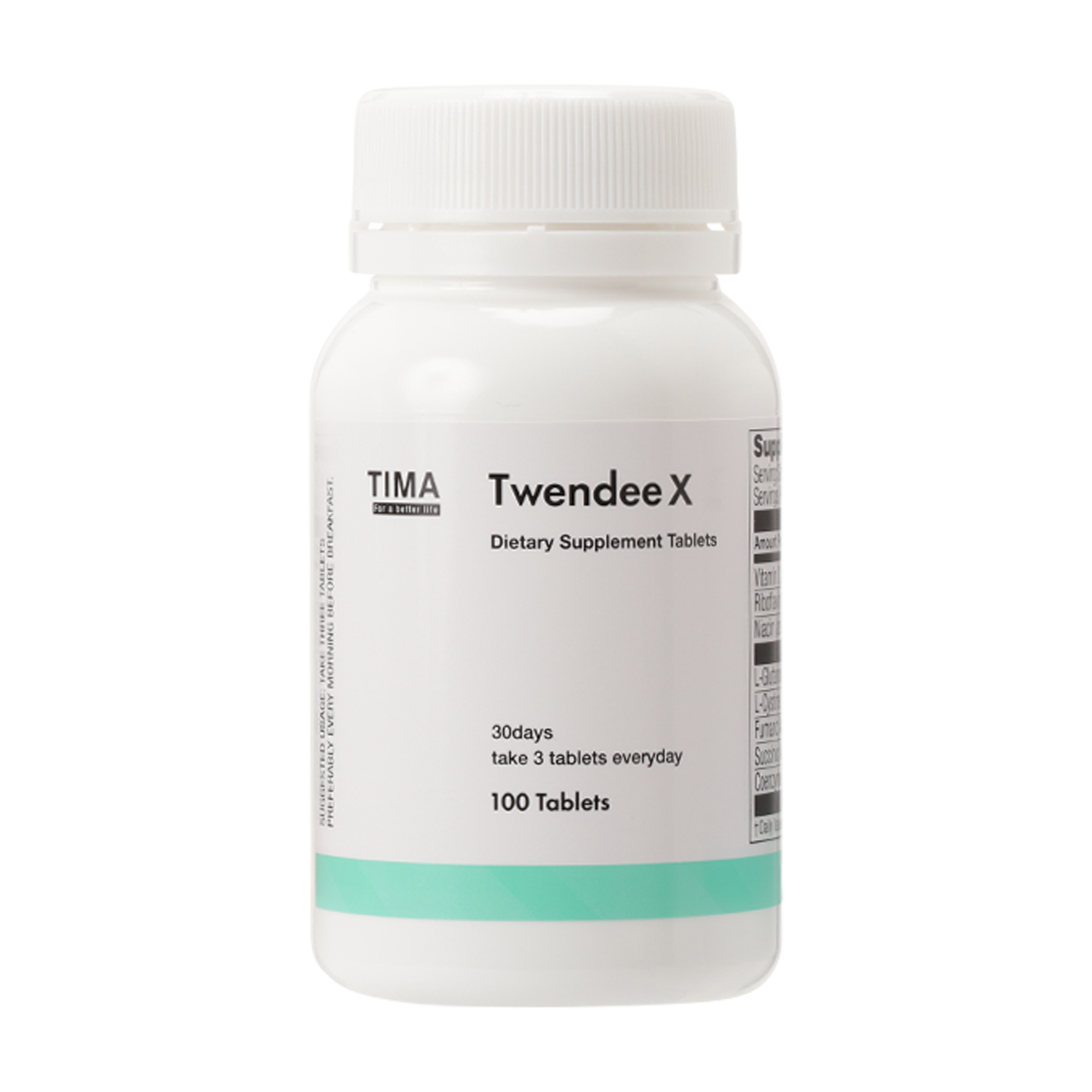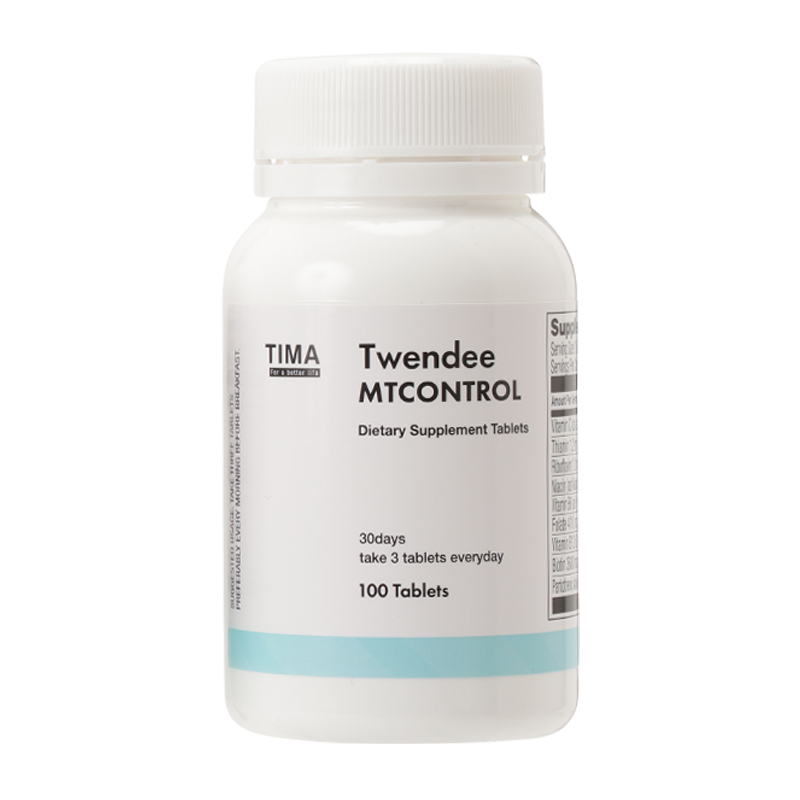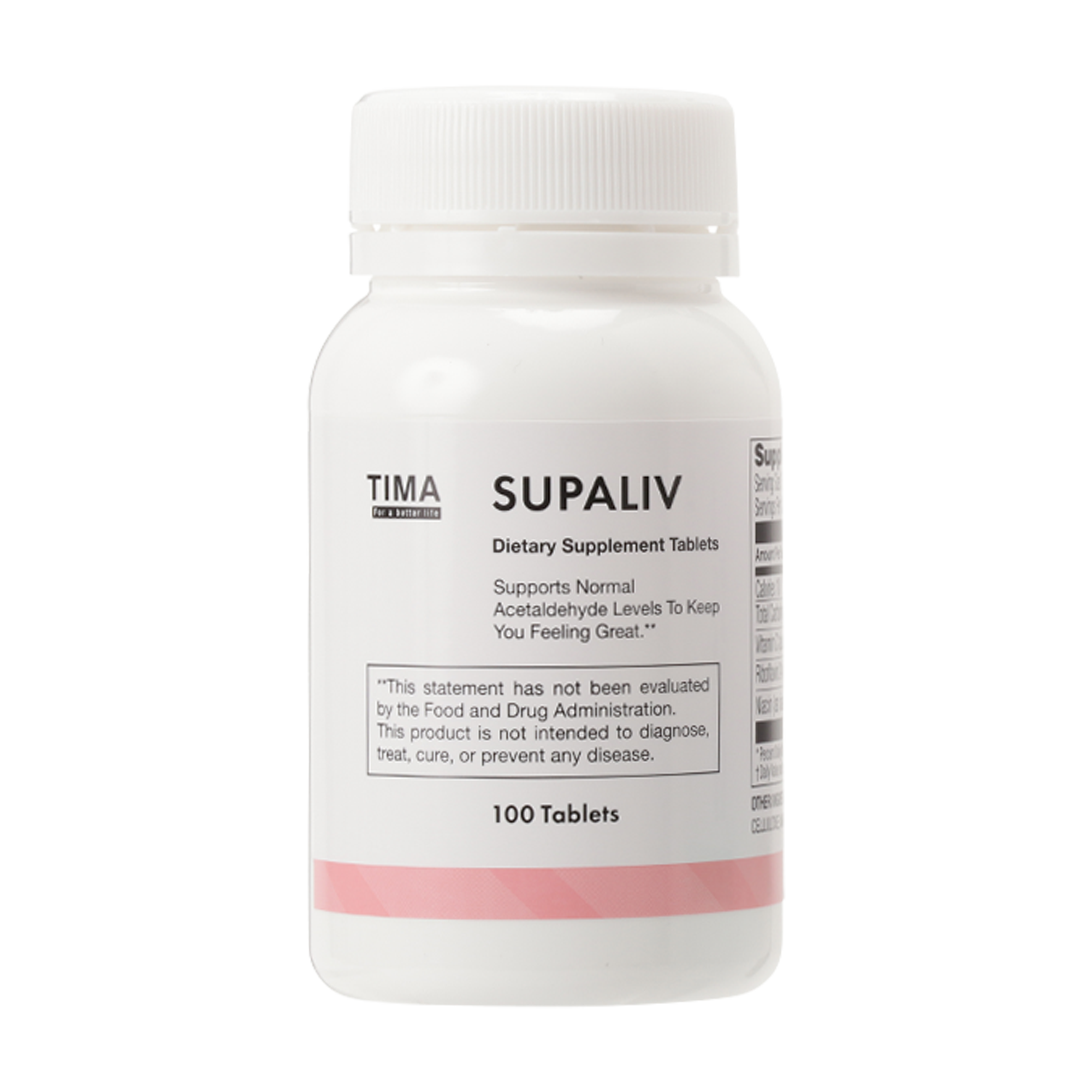Thesis on Oxidative Stress and "chronic obstructive pulmonary disease"
- Paper title
- Is Chronic Obstructive Pulmonary Disease an Accelerated Aging Disease?
- Abstract summary
- Cell senescence is present in emphysematous lungs.
- Authors
- W. MacNee
- Journal
- Annals of the American Thoracic Society
- Semantic Scholar URL
- https://semanticscholar.org/paper/f145196f7761aadce899e15bd426592b92aee9eb
- Abstract
-
Aging is one of the most important risk factors for most chronic diseases. The worldwide increase in life expectancy has been accompanied by an increase in the prevalence of age-related diseases that result in significant morbidity and mortality and place an enormous burden on healthcare and resources. Aging is a progressive degeneration of the tissues that has a negative impact on the structure and function of vital organs. The lung ages, resulting in decreased function and reduced capacity to respond to environmental stresses and injury. Many of the changes that occur in the lungs with normal aging, such as decline in lung function, increased gas trapping, loss of lung elastic recoil, and enlargement of the distal air spaces, also are present in chronic obstructive pulmonary disease (COPD). The prevalence of COPD is two to three times higher in people over the age of 60 years than in younger age groups. Indeed, COPD has been considered a condition of accelerated lung aging. Several mechanisms associated with aging are present in the lungs of patients with COPD. Cell senescence is present in emphysematous lungs and is associated with shortened telomeres and decreased antiaging molecules, suggesting accelerated aging in the lungs of patients with COPD. Increasing age leads to elevated basal levels of inflammation and oxidative stress (inflammaging) and to increased immunosenescence associated with changes in both the innate and adaptive immune responses. These changes are similar to those that occur in COPD and may enhance the activity of the disease as well as increase susceptibility to exacerbations in patients with COPD. Understanding the mechanism of age-related changes in COPD may identify novel therapies for this condition.








